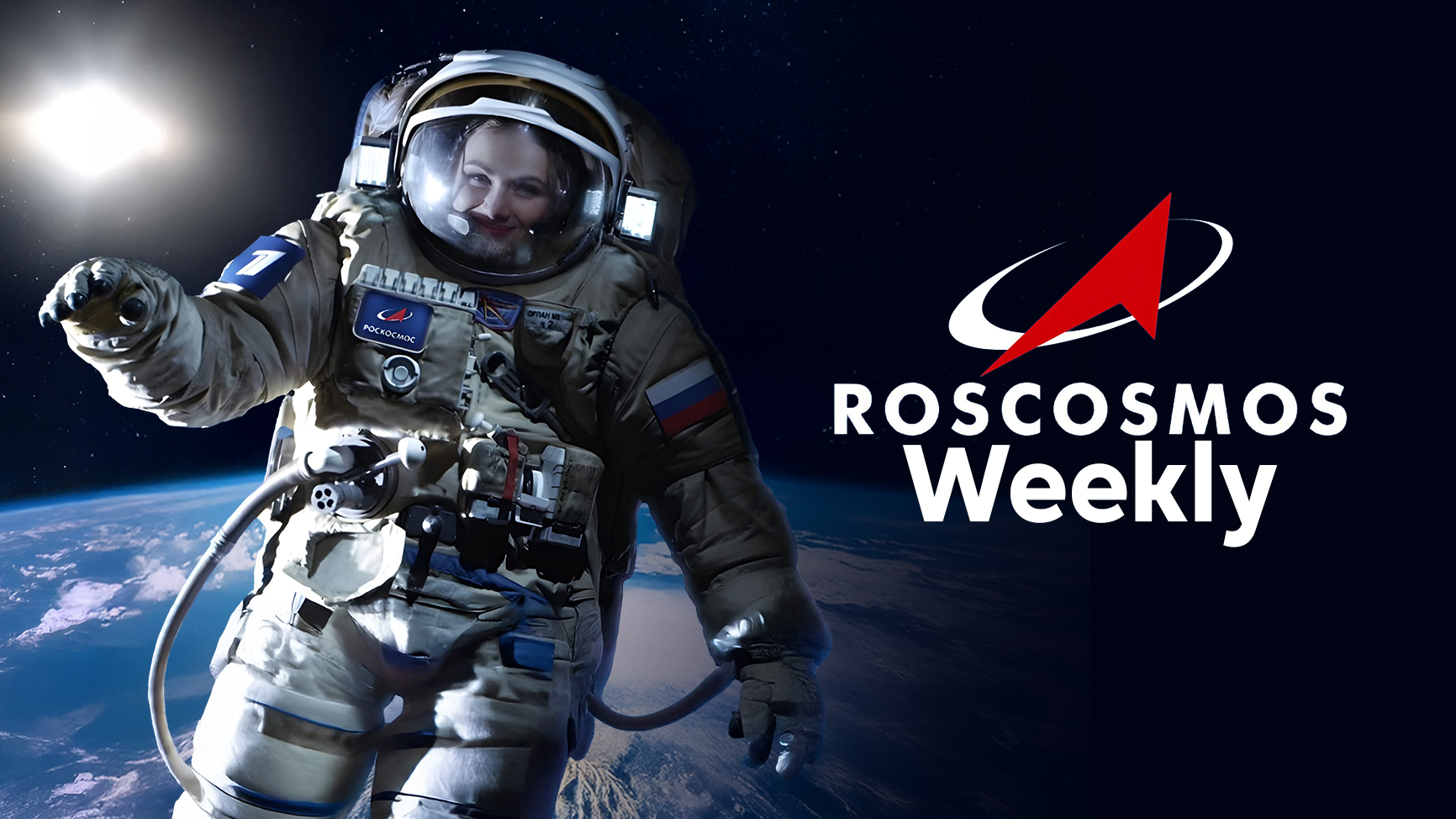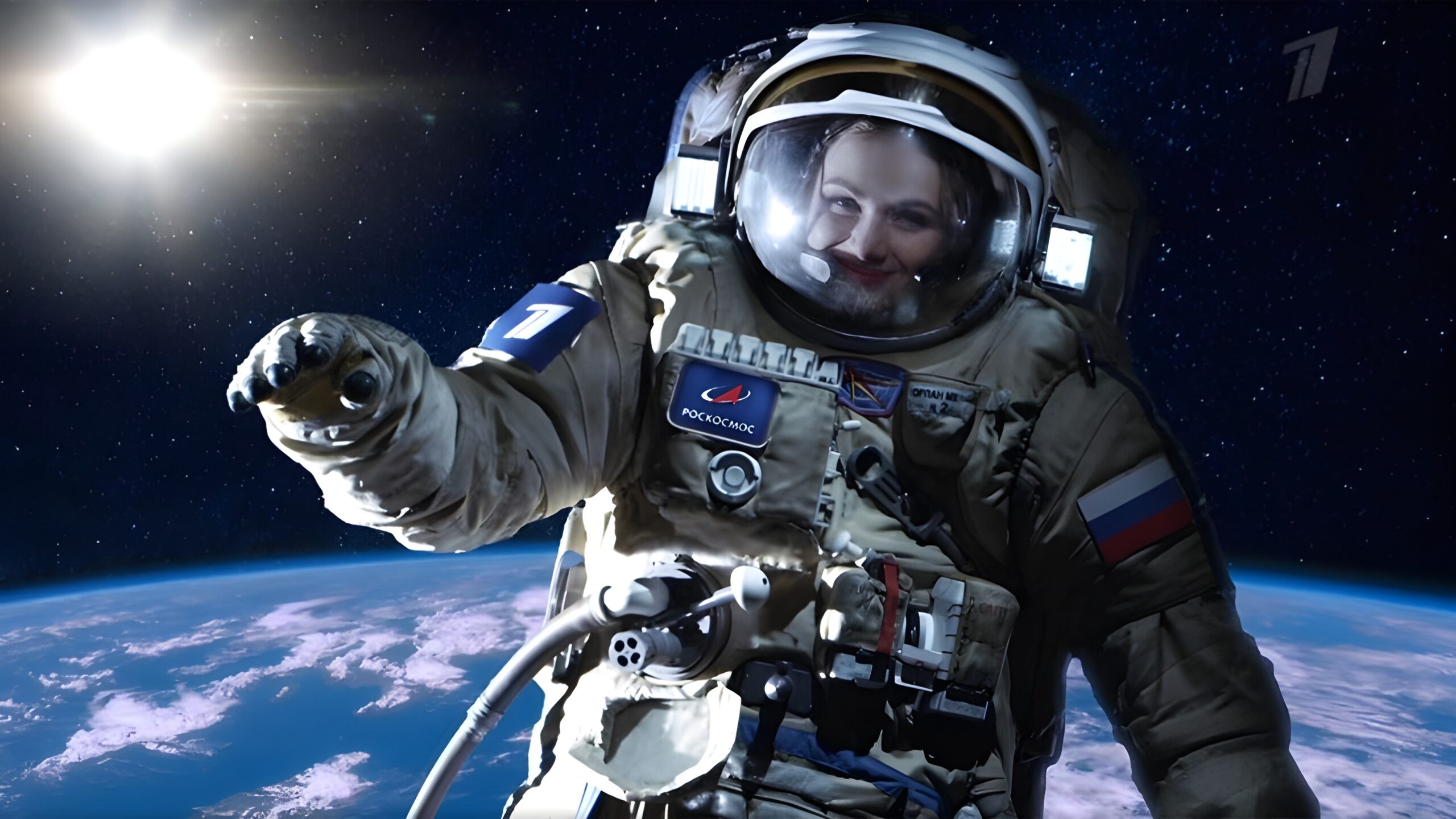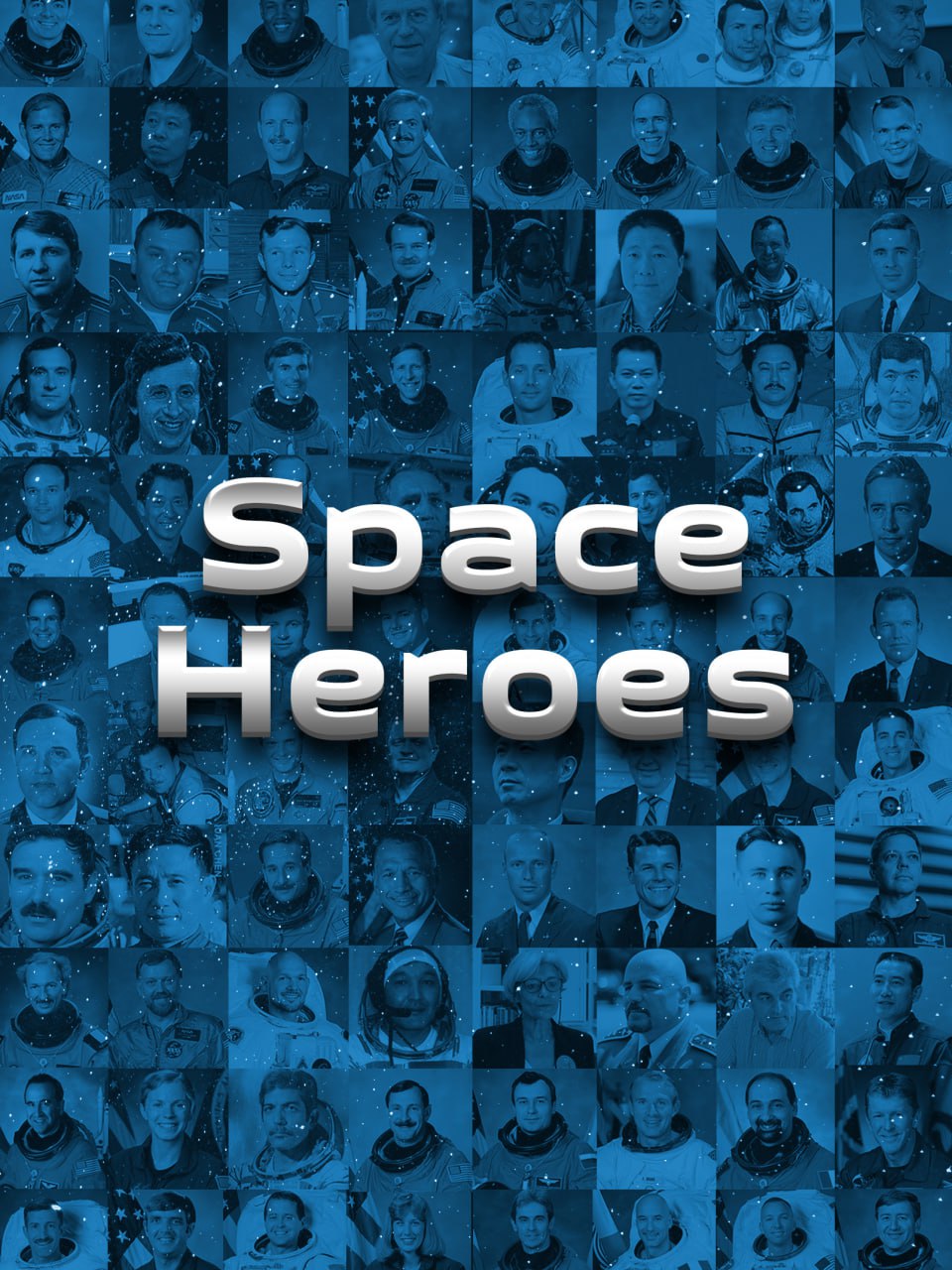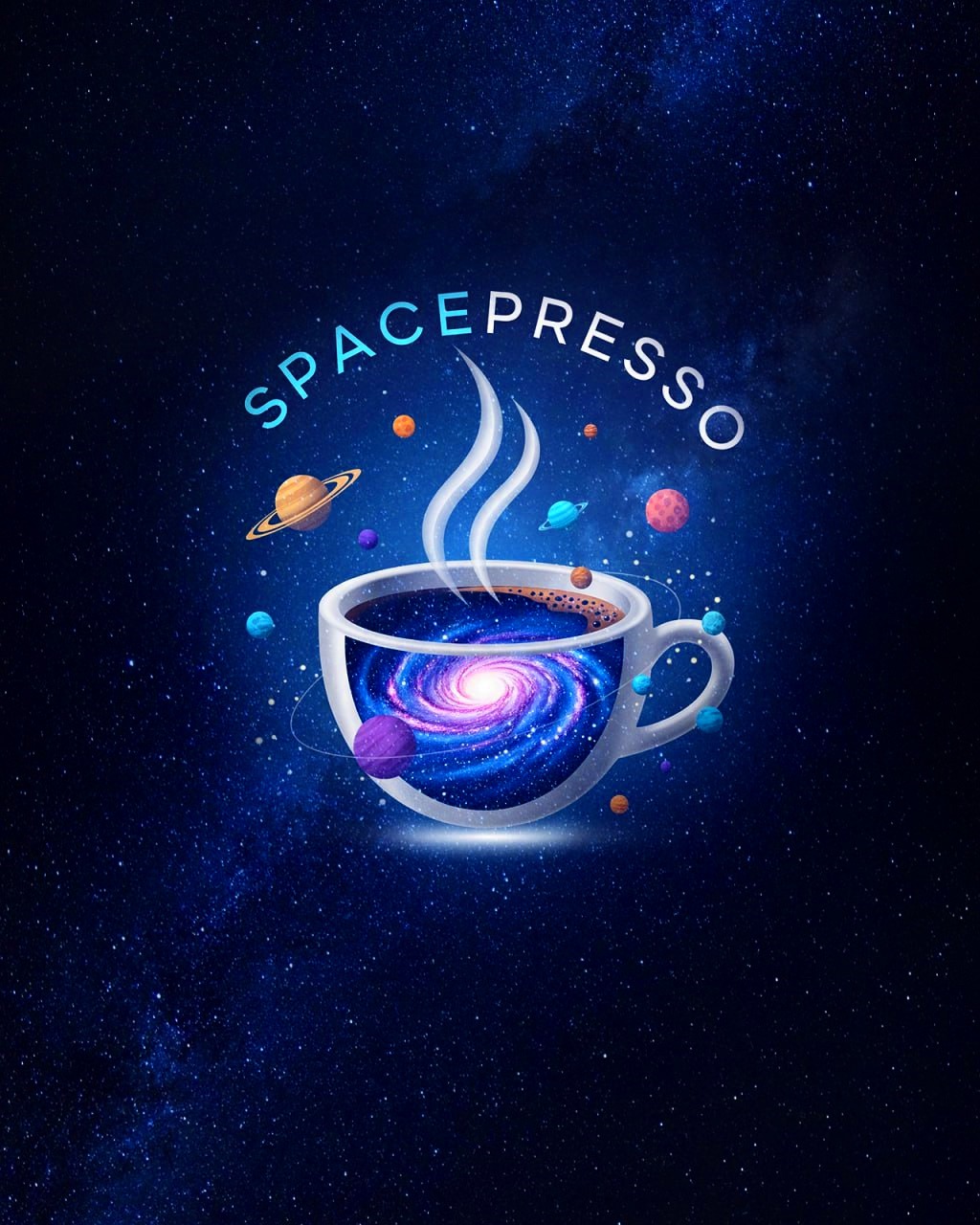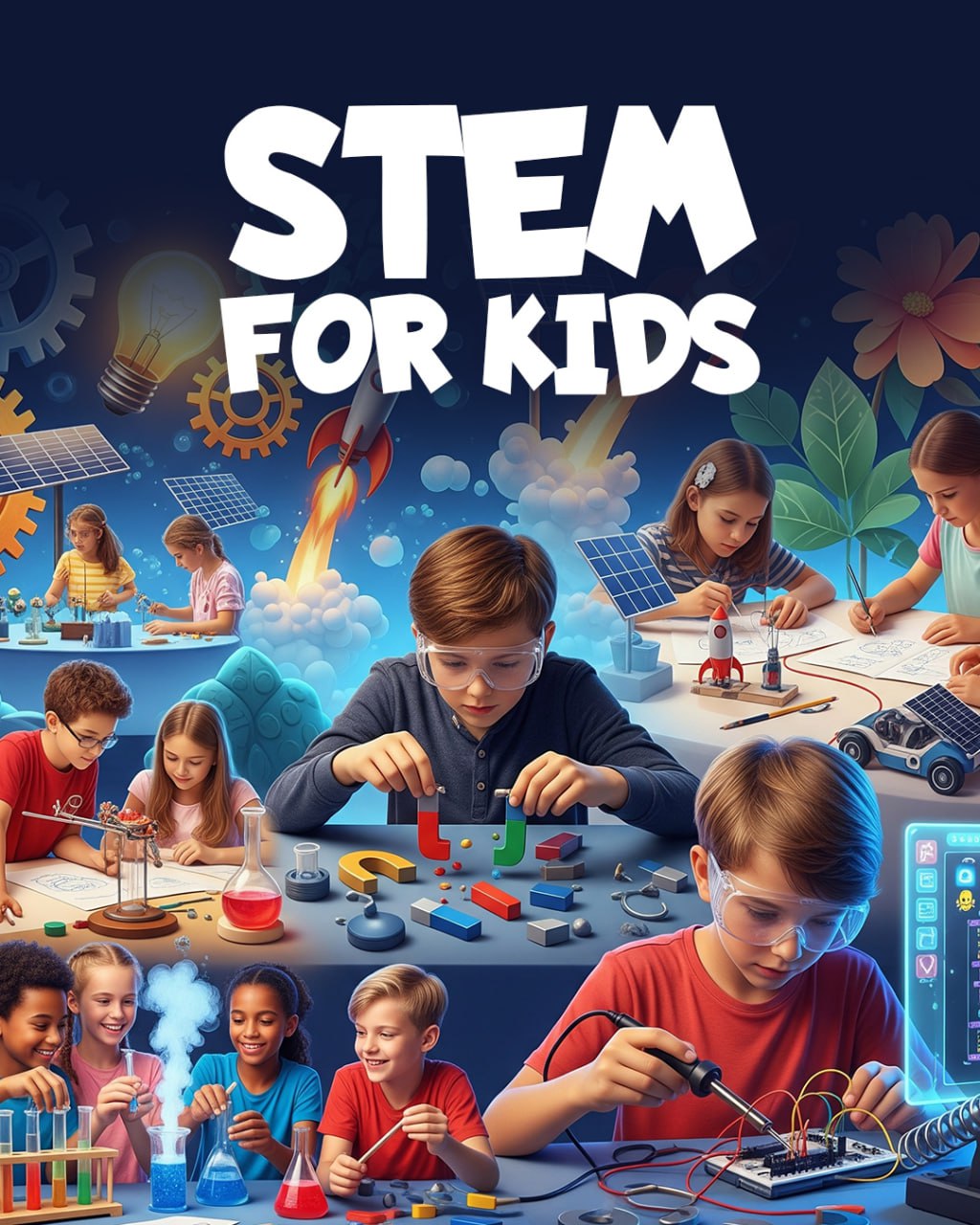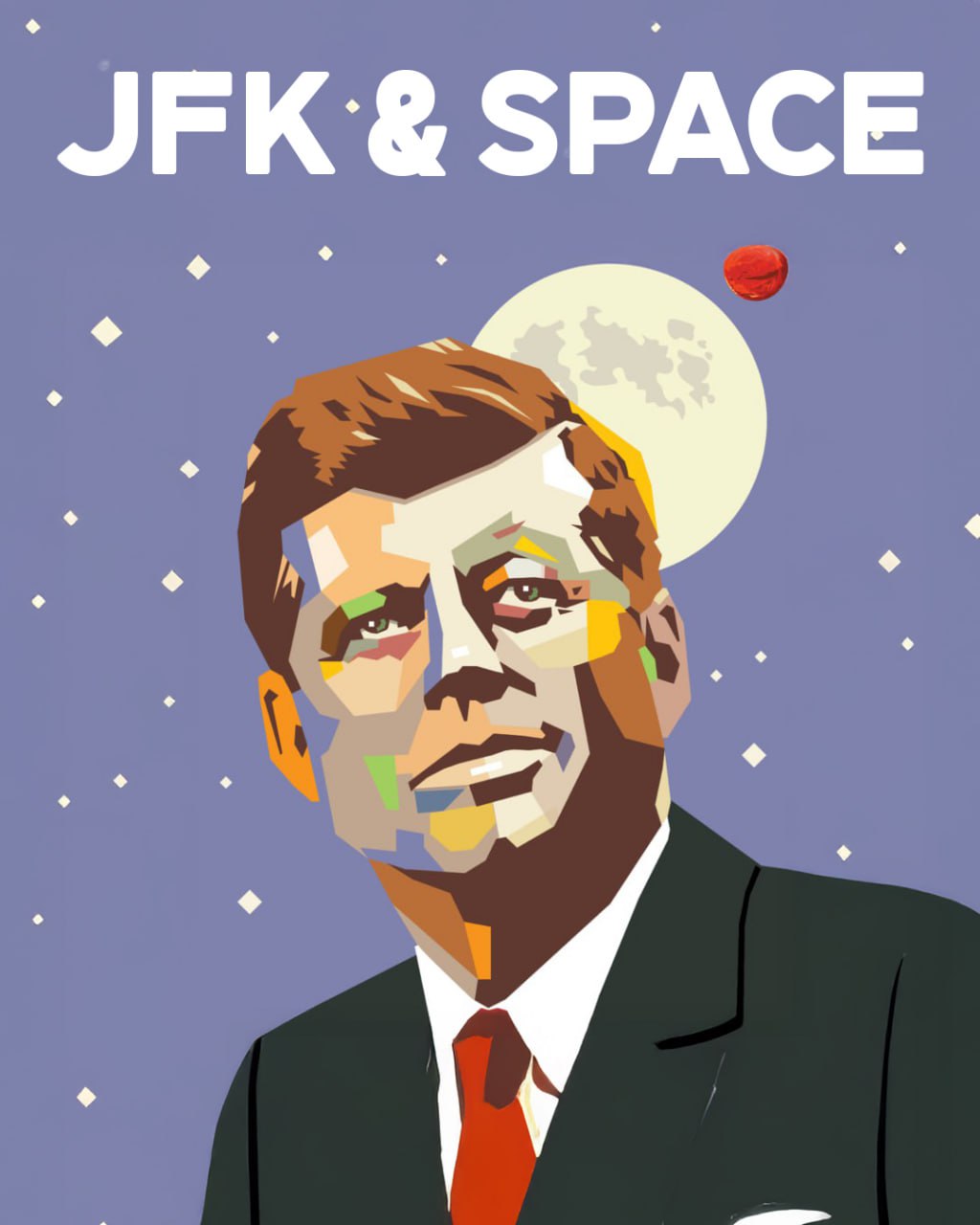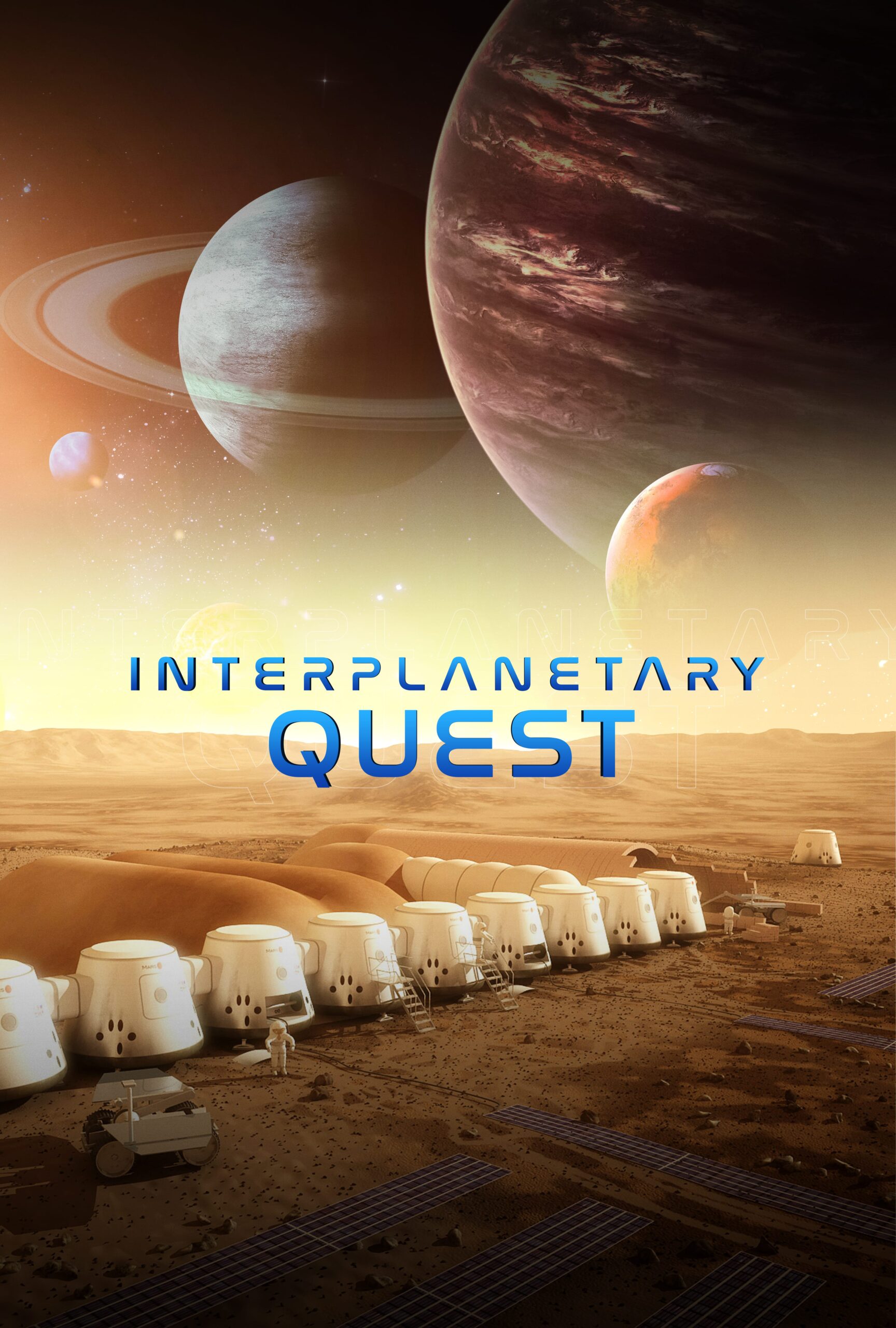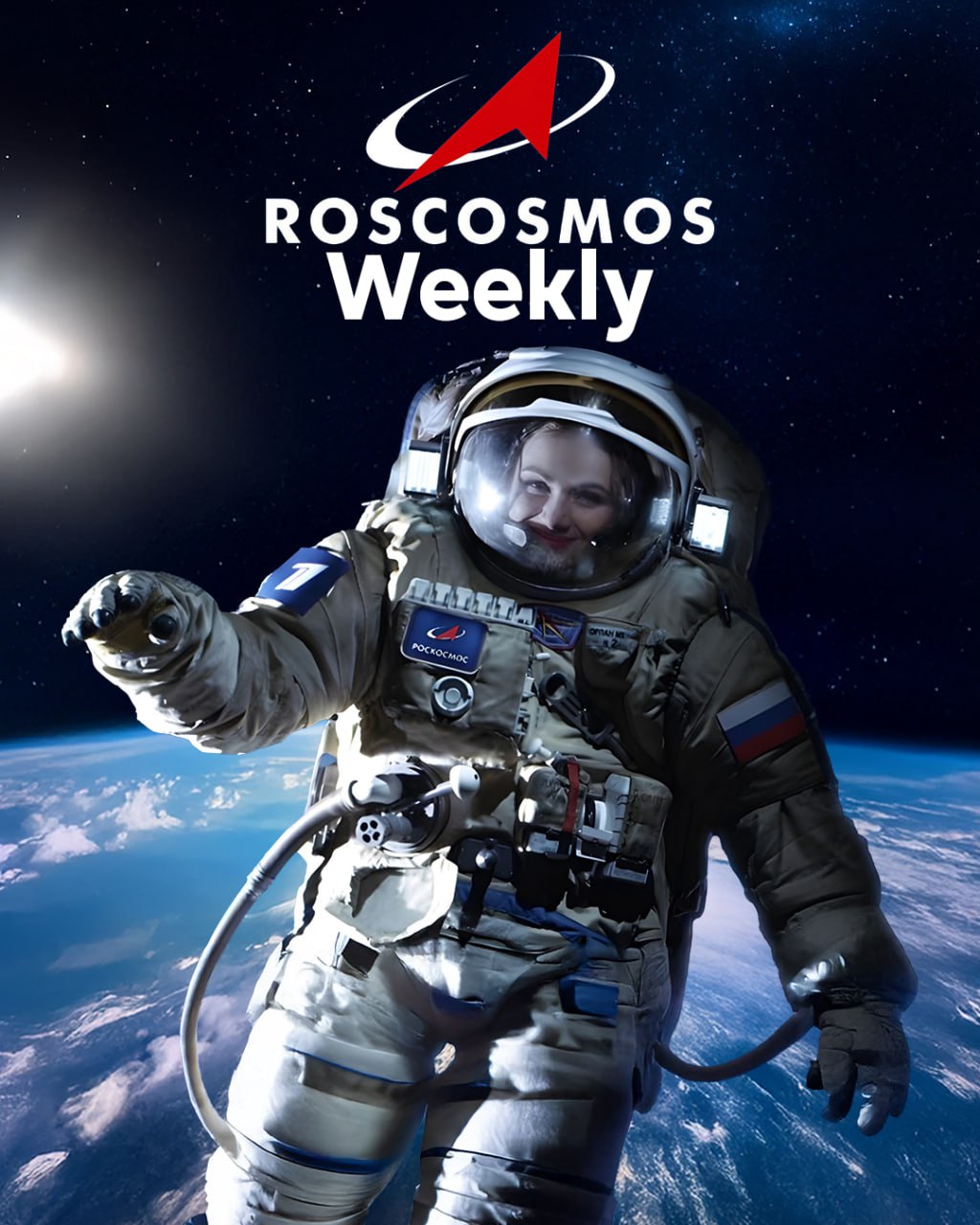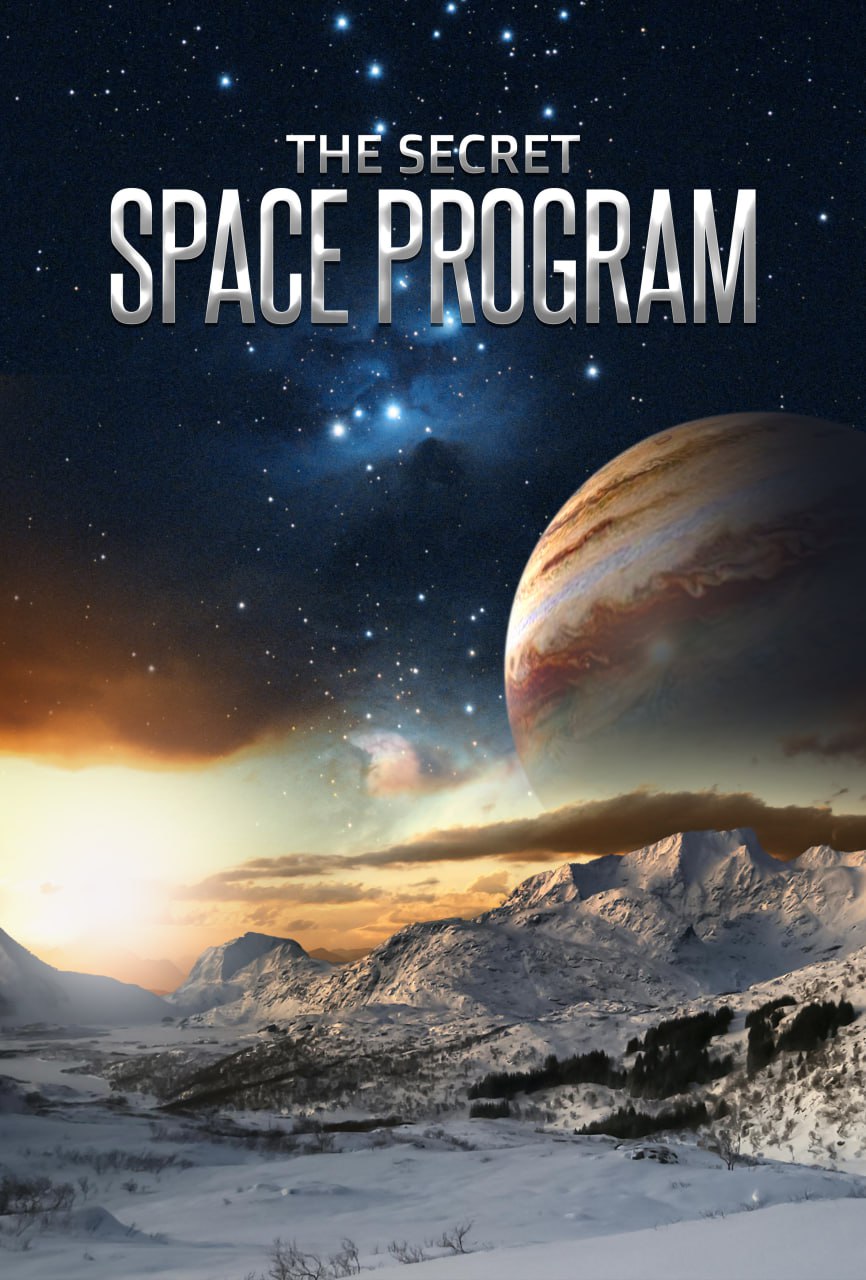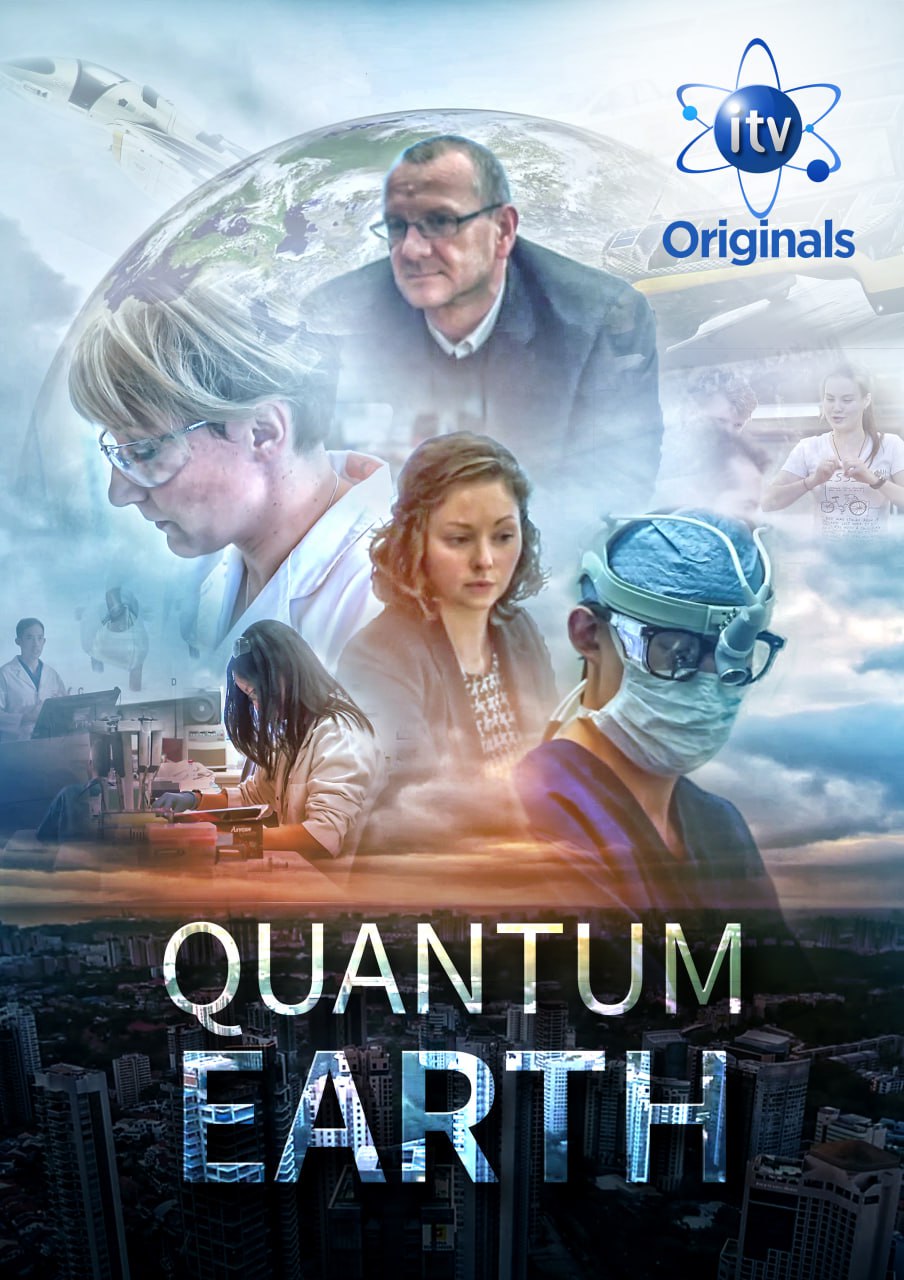Roscosmos Weekly (6 June 2025)
The National Space Project, under the President of Russia, was considered at the Council on Strategic Development and the National Project under the President. The project includes eight areas, including space science, space atom, access to space, manned cosmonautics, communications and observations, navigation and time, and the development of the near-Earth economy. The project also includes projects of personnel, production, and technology to improve state corporation work and increase industry efficiency. The new head of RCC Energia, Igor Maltsev, was introduced by Roscosmos General Director Dmitry Bakanov. Priority tasks include the project of the Russian orbital station to ensure continuity of the manned program, the creation of a new transport ship, and the expansion of the scientific research program on the International Space Station (ISS). Ionosphere devices are designed to study Earth's upper atmosphere, which is crucial for forecasting space weather and studying the impact of solar wind on near-Earth space. Roscosmos and the Khrunichev Center have signed a contract for the production of three upgraded Angara-A5M rockets for the launch of Russian orbital station modules. Further plans include adapting the rocket for manned spacecraft launch.

